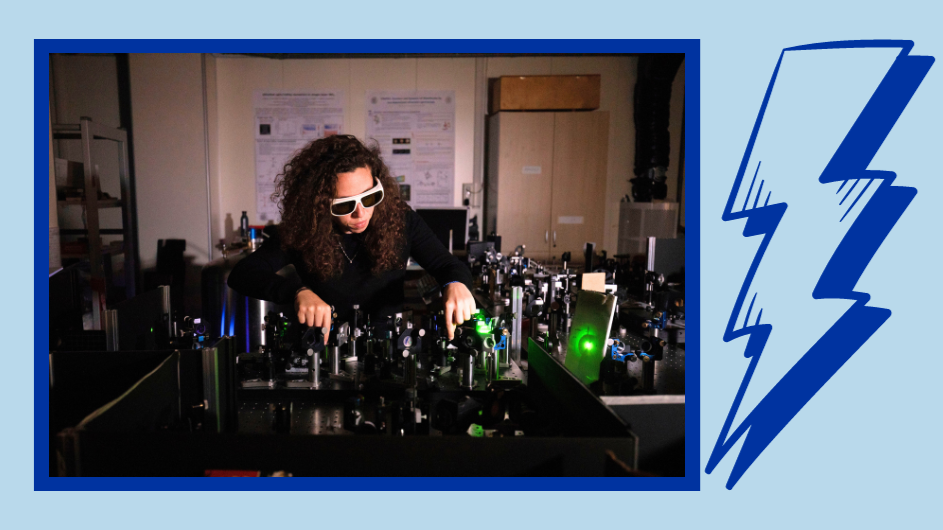“In our research we are using very thin layered semiconductors, like transition metal dichalcogenides (TMDs), which have a 10–100 times larger nonlinearity than standard nonlinear crystals,” explained Trovatello. “Within the Pro-QM, we are engineering the TMD structure at the nanoscale to achieve similar efficiencies of the standard bulk crystals, but over micrometer thicknesses: a thousand times thinner than standard nonlinear crystals!” Such ultra-compact nonlinear devices will enable next-generation integrated quantum photonics, impacting the future of secure quantum information.
“This competition included presenters from every DOE center, so Chiara’s achievement is a major success,” noted Dmitri Basov, Columbia physicist and Pro-QM Director.
The Pro-QM was established in 2018 with DOE funding with the goal of advancing new materials, tools, and physics that will enable the on-demand creation and control of quantum phases. It was renewed for an additional four years in 2022.

